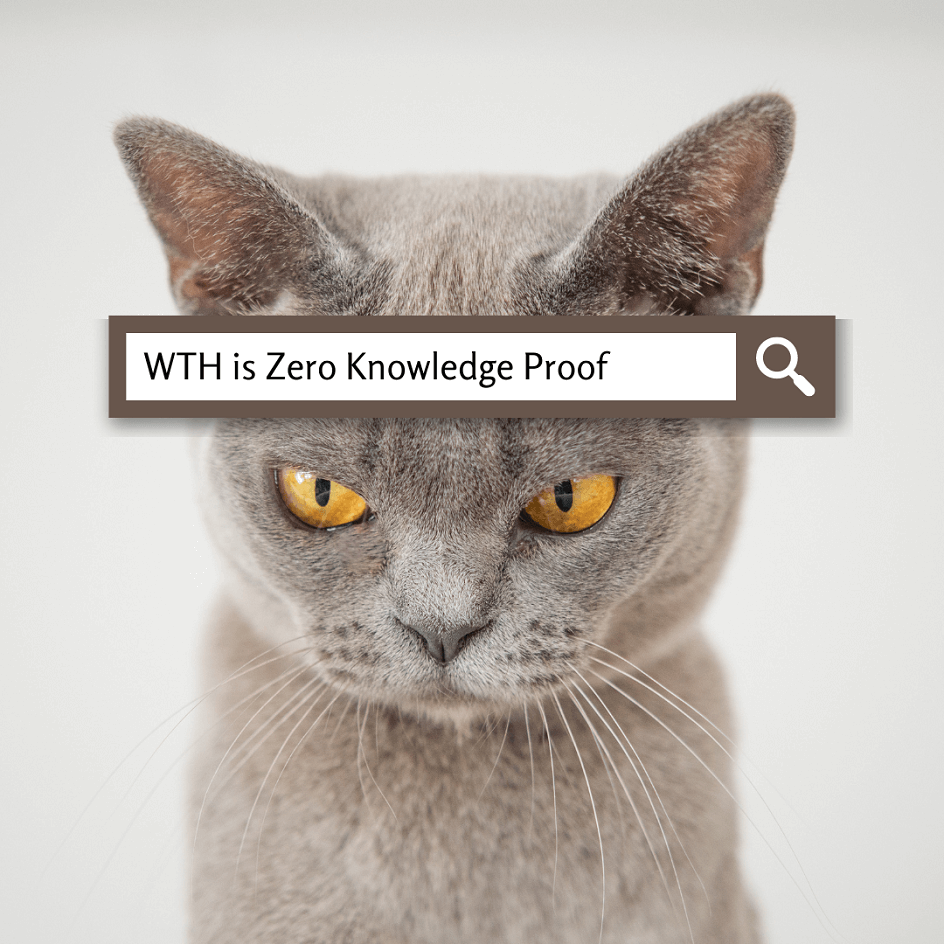What on Earth could bring such a collaboration? How could one combine the two?
Being part of Zuzalu is an exciting and immersive experience in many manners, especially when it comes to widening our views. It was quite an honour to be invited to spend two months with some of the world’s most remarkable experts in different fields.
Every time I looked around, I found experts. ZKs, biology, ageing, longevity, network states, DeSci… you name it. This was a very fertile ground for making connections between entirely different specialities. It was a fertile ground for - ideas.
ZKs and medicine are my love, but it was unclear to me how they could be combined.
But, if I take home something with me from Zuzalu, it is definitely: a different perspective and angle of looking at things 🙂
As an engineer surrounded by medical doctors in the family, I am always on the lookout for the merging of the two fields. All it took was to listen to one of the talks and say Wow, that’s precisely what we need!
Medical research nowadays
Fear: Naturally, we are all petrified that our most sensitive data, such as health data, would leak into the public or sell to a third party. Such a fact, indeed just human nature, impedes medical research, making medical researchers struggle to find volunteers. Unfortunately, this leads to a lesser pool of participants willing to share their confidential data, which causes less precise research results.
Hindering science: With all of the above, one can conclude it is a process that requires a sizeable amount of funding which not many subjects are eligible to meet. Everything combined signals that there are fewer opportunities created for scientists in the medical field 🙁
Humanitarian aspect: People in need must wait for a more extended period until research with enough relevant data is conducted.
Trust issues: Since medical research is quite expensive, it is usually conducted by those legally obliged to prove their products’ properties. It is the only way for pharmaceutical companies to get approval to place the medicine they developed on the market. Of course, it goes through many trials before it reaches the counter, but the fact that funding is not decentralised makes people doubt the medicine’s properties, which brings us back to the dark middle ages and burning witches.
Lack of transparency: some of the medical research could be conducted for many years, even decades, and even though the cure for the patients that participated was uncovered, it was kept secret from the patients since they would withdraw from the research (such as in the Tuskegee case).
How could ZK come to aid?
That brings us to the question - what kind of data do the medical researchers need? Could they work with such a data set bound to something else rather than a full name or anything that can identify a volunteer, an anonymising data set?
This is where ZKs take the spotlight!
If the ZK term is brand new for you, I recommend reading this, where I made an effort to explain ZKP in layman’s terms.
The property of ZKs to prove some statement is true without revealing the data behind it (in this case, it is full name and date of birth) in a way that the verifier agrees that the linked proof is valid without seeing the data is a game changer for medical research.
Medical research in the future
Since patients’ or volunteers’ data are concealed, more people could feel secure about taking a more active role in medical research, resulting in more precise research outcomes. Due to today’s lack of volunteers, it is not that rare they have to be incentivised with significant amounts of money.
If that not be the case, funding from more independent sources could make its way into medical research, opening a door for more scientists to come in and conduct the study.
I see that not only as a science accelerator but also as a world where participants could benefit from the research funding, be it through small equity, insurance, money, priority for medical care or free services - anything that could make them feel valued and respected for doing an excellent service for humanity.
Decentralised funding would naturally lead to more trust, less expensive research to a more affordable and earlier accessible medicine for those in dire need, and indeed - it would lead to a better world 🙂



